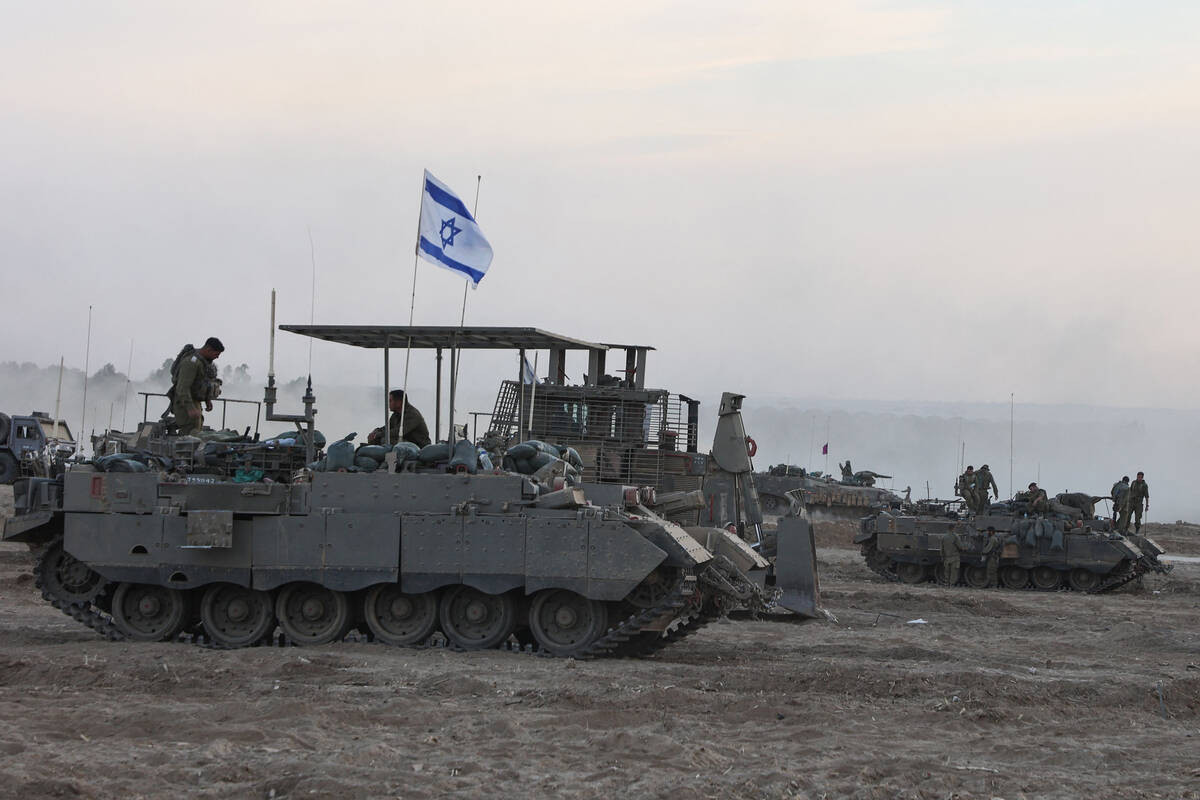Risk of war spillover high, U.S. says

The U.S. sees an “elevated risk” of regional spillover from the war between Israel and Hamas and will keep responding to any attacks on its troops by Iranian proxies, National Security Advisor Jake Sullivan said.
“If they’re attacked again, we will respond again,” Sullivan said in an interview with CBS’s Face the Nation on Sunday when asked whether Iran was now deterred.
“And we are vigilant, because we are seeing elevated threats against our forces throughout the region and an elevated risk of this conflict spreading to other parts of the region,” he said.
Sullivan, one of President Joe Biden’s top aides, renewed U.S. calls for Israel to protect the lives of innocent civilians, a day after Prime Minister Benjamin Netanyahu said Israel is entering the “second stage” of its war.
While accusing Hamas of using people in Gaza as human shields, he said that doesn’t lessen Israel’s responsibility to distinguish between terrorists and innocent civilians and to protect civilian lives.
The U.S. backs calls for “humanitarian pauses” that could allow the release of hostages held by Hamas, the exit of people who want to leave Gaza and the delivery of humanitarian aid to the territory, Sullivan said. “We will continue to work toward that end,” he said.
A visit to Washington by Saudi Defense Minister Khalid bin Salman on Monday will be an opportunity to “dive deep not just on what’s happening today, but on what tomorrow could bring,” Sullivan said.
Arab countries, including Saudi Arabia, have a responsibility to help work toward a “political horizon” for Palestinians, including a two-state solution with Israel and their right “to live in safety, dignity and equality,” he said.
Hamas acted independently in its Oct. 7 attack on Israel, with “no connection” to Iran, Iranian Foreign Minister Hossein Amirabdollahian said in an interview on CNN’s Fareed Zakaria GPS.
Sullivan criticized Iran for the death of Armita Geravand, a teen who human rights groups say was assaulted by Iran’s so-called morality police and died in a hospital on Saturday.
The “appalling” incident “underscores the fragility of the regime,” Sullivan said Sunday on X.
Iranian authorities have denied there was any confrontation involving Geravand. State television said she collapsed due to low blood pressure.